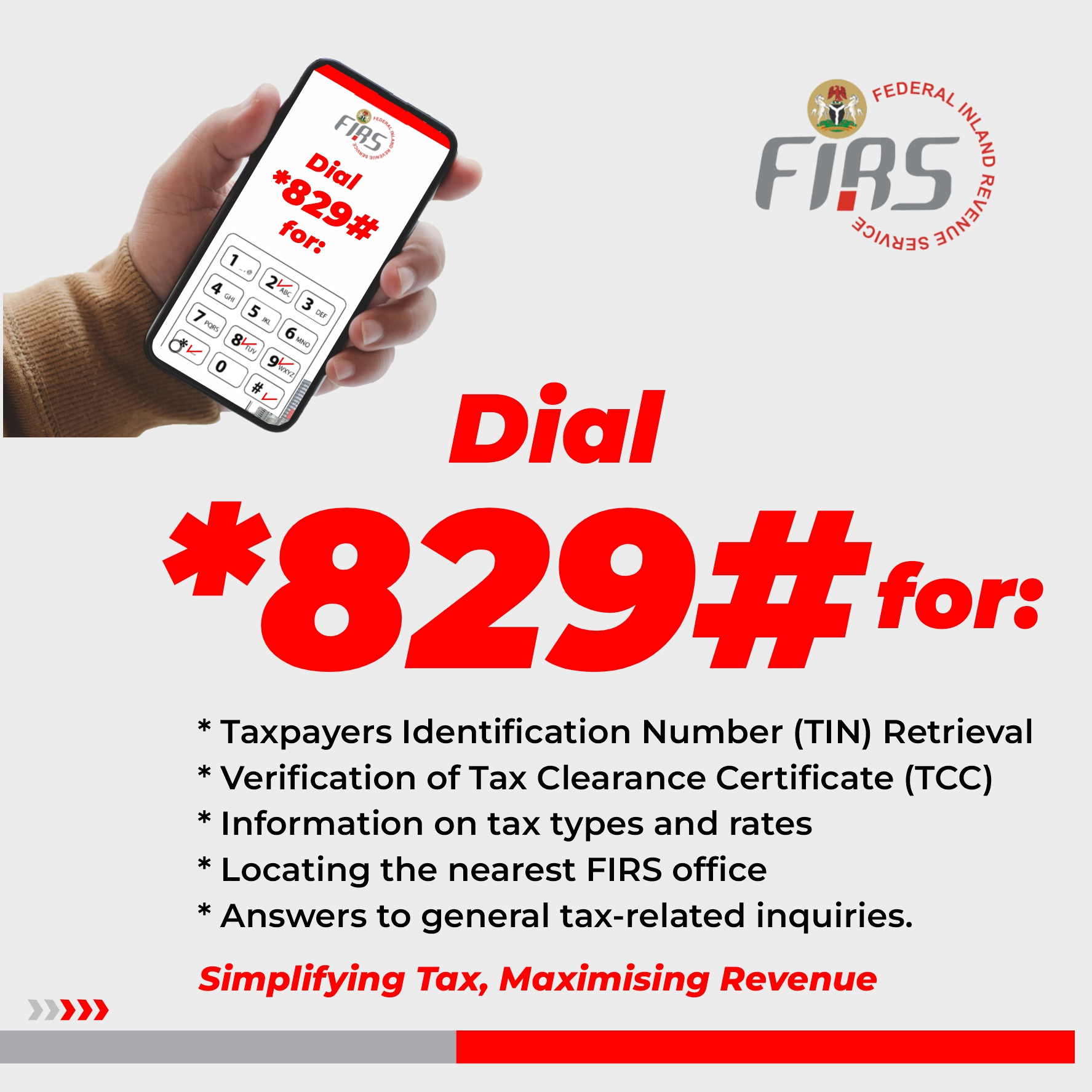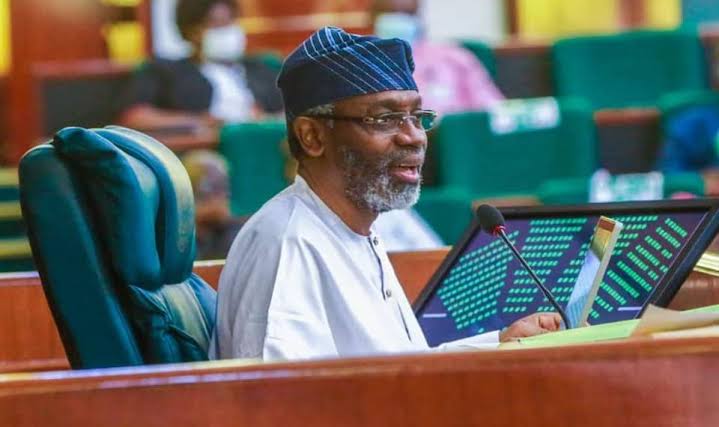Economy
RMAFC Chairman urges FG to respect its role as sole arbiter in revenue allocation to States

The Chairman of Revenue Mobilisation, Allocation and Fiscal Commission, RMAFC, Mohammed Bello Shehu has urged the Federal Government to respect its role as the exclusive arbiter in developing fair revenue allocation formulas to States and the Federal Capital Territory, Abuja.

This statement was at the backdrop of President Bola Tinubu’s proposed Tax Reform Bills sent to the National Assembly on October 3, 2024 for legislative attention, arguing that any deviation from its constitutional duties, could undermine the integrity of the Commission and compromise the principles of justice in revenue sharing.

The Commission called for an approach to Value Added Tax (VAT) allocation that accounts for the unique nature of VAT as a consumption tax. It proposed a formula developed by RMAFC that would ensure equitable distribution among federal, state, and local governments.
This call was contained a memorandum submitted to the National Assembly by the Commission outlining the following points as part of its constitutional right to determine tax matters and not President Bola Tinubu:
1. Equitable Allocation Formula: VAT allocation and derivation should be based on a formula developed by RMAFC. This formula would consider VAT’s consumption-based nature, ensuring fairness in distribution.
2. Recognition of Consumption Patterns: The formula would factor in consumption rather than merely production or the location of company headquarters, ensuring balanced benefits.
3. Support for Weaker Economies: Special consideration would be given to states with weaker economies, promoting national cohesion and fairness across all tiers of government. RMAFC concluded the memorandum with several recommendations. It urges the federal government to empower the Commission to finalize a VAT allocation formula in line with its constitutional mandate, reinforcing Constitutional Mandates by ensuring that VAT allocation strictly follows RMAFC’s framework, not arbitrary provisions in the VAT Act or the proposed reform bill.
The memo urges dialogue among federal, state, and local governments to secure consensus on the RMAFC’s formula, thereby reducing tensions and ensuring acceptance.
The memo also cautions legislative or executive measures that undermine RMAFC’s authority and advocates implementing systems like electronic invoicing to tag VAT collections to end-user locations, enhancing transparency and accuracy.
The Commission warned that the proposed tax reform bill threatens national unity and constitutional harmony. By adhering to its constitutional mandate, RMAFC believes it can provide an equitable solution to revenue allocation disputes while safeguarding the principles of fairness and justice.
Recall President Bola Tinubu had, on October 3, 2024, transmitted four tax reform bills to the National Assembly. The four tax bills sent to the National Assembly include the Nigeria Tax Bill 2024, which is expected to provide the fiscal framework for taxation in the country, and the Tax Administration Bill, which will provide a legal framework for all taxes in the country and reduce disputes.
Others are the Nigeria Revenue Service Establishment Bill, which will repeal the Federal Inland Revenue Service Act and establish the Nigeria Revenue Service; and the Joint Revenue Board Establishment Bill which will create a tax tribunal and a tax ombudsman.

























